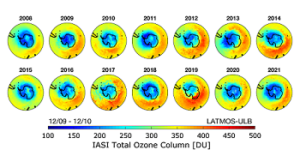Confidentiality/Ethics:
The repository ensures, to the extent possible, that data are created, curated, accessed, and used in compliance with disciplinary and ethical norms
ESPRI repository exclusively holds non-sensitive climate observations and simulations. Therefore, legal and ethical disciplinary standards do not apply in this case. Consequently, the repository does not require the depositor to confirm that the data has been collected or created in accordance with legal and ethical disciplinary standards. Nevertheless, ESPRI follows such a disciplinary code of conduct in order to provide information allowing proper referencing of the origin of data, sharing rules and data citation.
Following the Open Data principles, we encourage making data available:
- As quickly as necessary to preserve the value of the data,
- To the widest range of users for the widest range of purposes.
Consequently, the level of risk of disclosure has not been identified as sensitive enough to give rise to specific training. However, staff are systematically made aware of this during their general training when they are hired in order to apply any disclosure conditions from the data producers (e.g. embargo period).
For instance, a basic principle of the CMIP exercises is to publish data publicly to be analyzed by the scientific community afterwards. Consequently, some errors can be raised by the scientific community on climate models. This is very sensible information that can feed a revival of climate skepticism by discrediting scientific studies in the eyes of civil society. International climate model issues are centralized into an Errata Service developed by ESPRI that allows issue moderation phase by the data provider before it gets exposed on the front page.
Another compromise is often to add a kind of disclaimer into the metadata of the files to warn users that some data or metadata may have been created or structured in files or formats that are not error-free. ESPRI is coordinating the provision of climate projection for the Climate Data Store (CDS) of the Copernicus Climate Change Service (C3S). In this context, datasets provided to the CDS all include a dedicated disclaimer written by the C3S.
When datasets are not directly linked to a license, or not a CC-BY-like license, data are subject to a period with restricted access. For specific projects such as observational campaigns, some data may be embargoed for a few months or may require the prior agreement of the data producer to access the data. In such a case, data is not publicly available and only accessible through a web interface with login and password authentication (e.g., using THREDDS or a dedicated web portal) or directly on the filesystem with Unix access control upon decision of the Prime Investigator of the project or the data provider.
Other climate modeling project, such as CORDEX regional simulations or bias-adjusted datasets produced in partnership with private companies, require permanent restricted access. In those cases, data is published on the Earth System Grid Federation with restricted access for research only through an OpenID Relying Party (ORP). Data access can be manually authorized beyond the academic sector upon signature of the Terms of Usage or payment of a license fee.
In any case, ESPRI adapts to the different conditions of the projects for which it hosts data, and we are able to restrict access and filter data according to the needs defined with the data provider. Projects funding measurement campaigns, for example, require the Prime Investigator to make their data public after a certain embargo period.
Also, for some datasets intended for teaching purposes, they obviously require the agreement of the producer in order to define conditions of use.
Data protection guidelines are detailed in the ESPRI Data Management Plan. For instance, when a link is sent with a password, privacy policies must also be digitally signed. Therefore, the data producer can refer to this documentation when needed.




